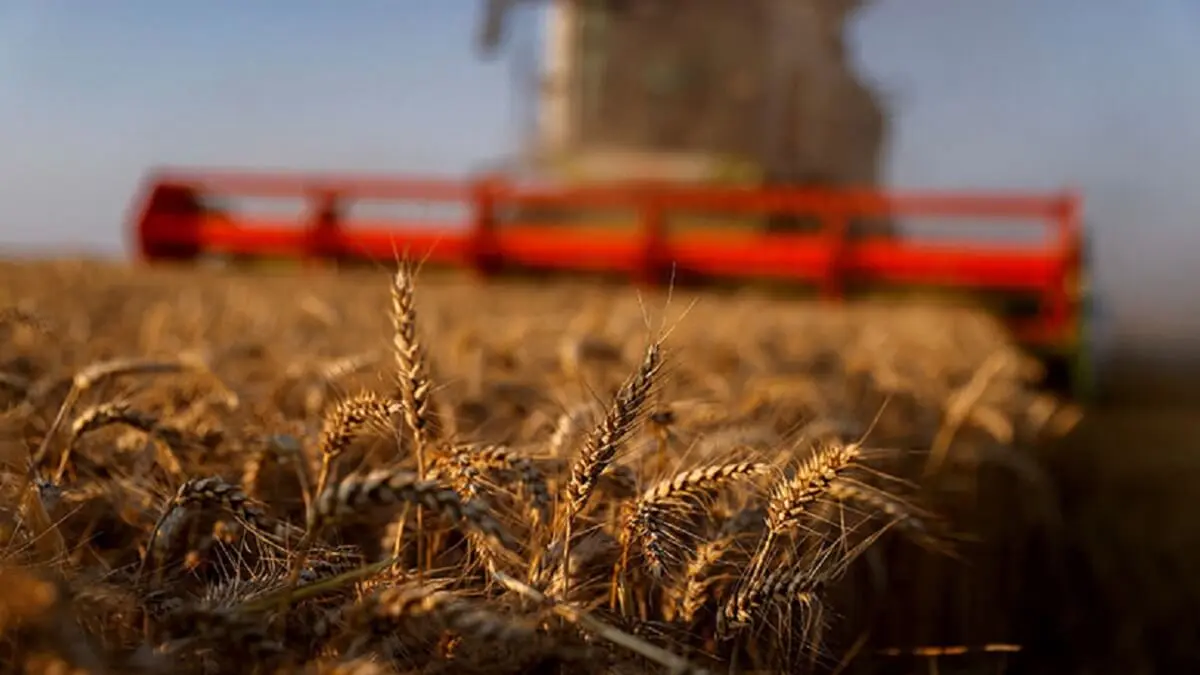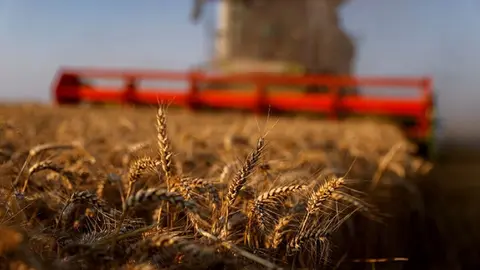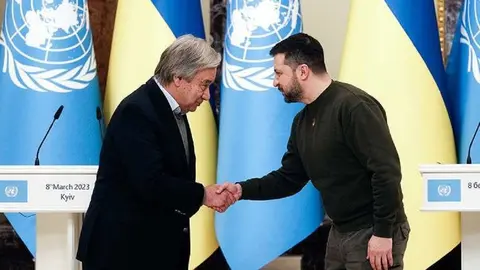Russian withdrawal of grain exports triggers regional food crisis

Russia's decision to withdraw from the grain export agreement is causing concern in North Africa and the Middle East, especially in countries such as Egypt, Tunisia, Jordan and Lebanon. These nations are struggling to secure grain imports due to the financial crisis and foreign currency shortages.

The decline in grain prices has alleviated the severity of the bread crisis in the region, but a new crisis is on the horizon that is expected to worsen the food situation. Rising food prices, extreme temperatures, drought and sharply declining agricultural harvests add to the challenges facing these nations.
In the past, some countries have tried to deflect blame for the food crisis, citing the aftermath of the Covid pandemic as a sudden and unforeseen factor. However, as the situation worsens, people are becoming sceptical of such justifications and are demanding accountability and solutions from their governments.

According to Al-Arab, experts predict that Russia's withdrawal from the grain export agreement will aggravate the global food security crisis and lead to higher food inflation in low-income countries, especially in North Africa and the Middle East.
The Middle East region is heavily affected by the termination of the grain deal, as many countries are highly dependent on agricultural food products from Ukraine and Russia. Turkey, Egypt, Sudan, Tunisia and Morocco are among the countries most affected, according to the UN.
Egypt, with a population of about 100 million, has been hard hit by the war in Ukraine, causing prices of wheat, the country's staple food, to rise. The pound's sharp fall against the US dollar has further stoked inflationary fears and concerns about Egypt's food security.

Tunisia is facing consecutive dry seasons, negatively affecting its cereal crops. The Farmers' Union has warned that this season's harvest will be disastrous, and that the country will need to import 90% of its wheat due to the drought.
Regions such as Lebanon, Yemen and Jordan are particularly vulnerable, and some face existential threats, especially Egypt, according to a report by the Institute for Middle East Studies.
Russia's decision is likely to disproportionately affect countries in the Horn of Africa, which are already struggling with drought, according to the Kenyan government.

UN Secretary-General Antonio Guterres issued a stark warning, saying Russia's decision could put hundreds of millions of people at risk of starvation, with serious consequences.
Russia suspended its participation in the year-old grain export deal, citing unfulfilled promises on food and fertiliser exports.
The deal, facilitated by the UN and Turkey in July last year, was intended to address the global food crisis and overcome additional obstacles resulting from Russia's military invasion of Ukraine.

Maria Zakharova, a spokeswoman for the Russian Foreign Ministry, stressed that the responsibility for implementing the Russian agreement rests with the UN; if they want Moscow to engage in broader talks to resume Ukrainian exports.
Separately, the Ukrainian Agriculture Minister reported that 60,000 tonnes of grain destined for export and stored in the port of Chornomorsk, near Odessa, were destroyed by Russian attacks overnight.
World Bank President Ajay Banga expressed concern about the growing divide between rich and poor countries, warning that it threatens to aggravate poverty in the developing world. He stressed the need for unity and trust among nations, especially in these difficult times.










